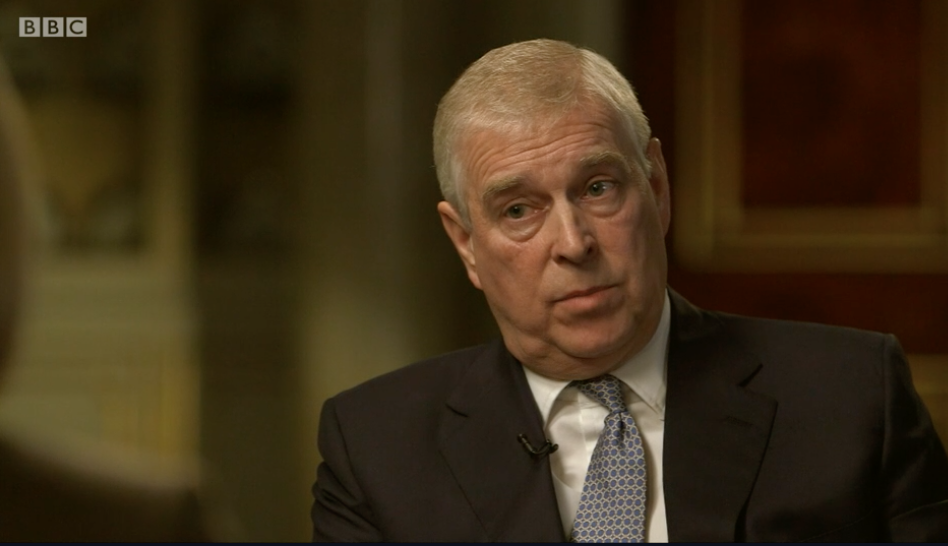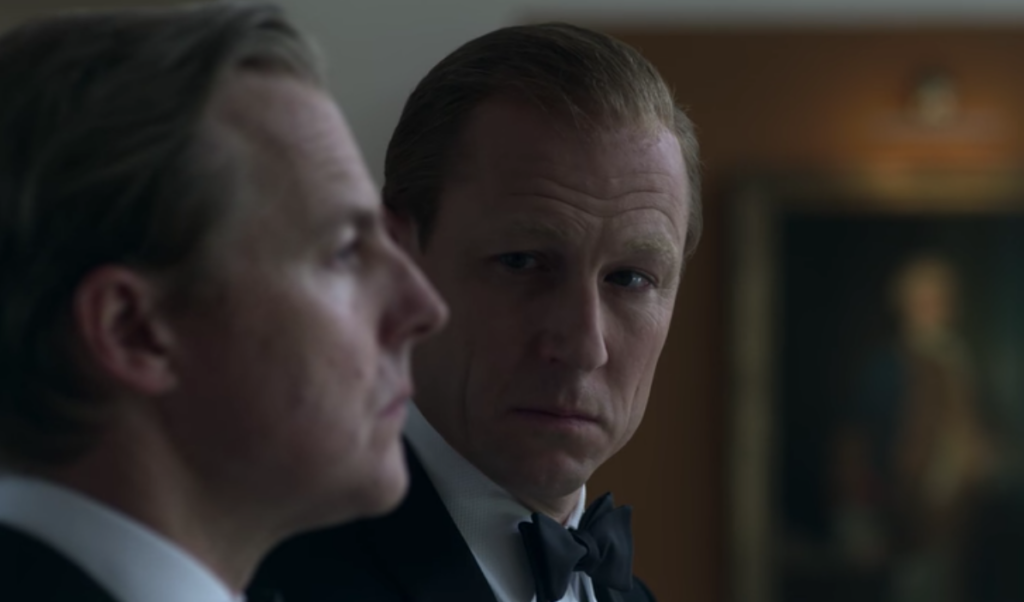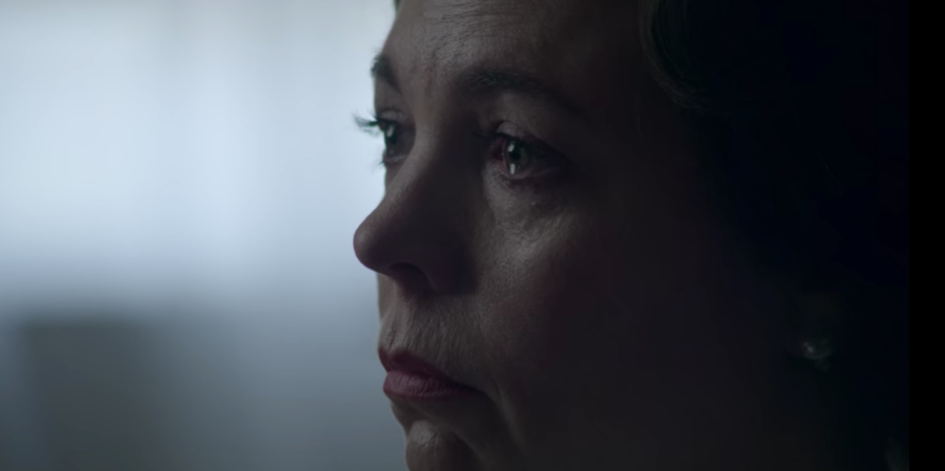
A positive act? Prince Andrew mounts a defence of his actions on Newsnight (pic BBC)
I can’t wait to see how a future series of Netflix drama The Crown deals with Prince Andrew’s recent appearance on Newsnight. I wonder which A-list actor they will cast as (C-list) royal the Duke of York – a man clearly as worthy of the honorific ‘Your Royal Highness’ as Donald Trump is of the title ‘Mr President’. Will Ronni Ancona be available to play interviewer Emily Maitlis?
Prince Andrew & the Epstein Scandal: the Newsnight Interview has had terrible reviews, since it aired on Saturday night on BBC2. ‘Offensive’, ‘excruciating’ and ‘misguided’ are just three of the damning adjectives I’ve culled from the front of the Daily Telegraph website this afternoon. Andrew’s car-crash of an interview has certainly been a boon for the right-wing press in its efforts to deflect attention away from the election.
Interviewer Emily Maitlis promised us ‘testimony from the heart of the British royal family’ about Andrew’s relationship with convicted sex offender Jeffrey Epstein, who committed suicide in August 2019.
But it turns out that there is no ‘heart’ in the royal family – at least when it comes to the Duke of York showing compassion for Epstein’s victims. He did not ‘have a message’ for his accuser Virginia Roberts, who claims that Epstein trafficked her for sex with Prince Andrew on three occasions when she was a teenager. He did have a really unconvincing alibi, centring around a trip to Pizza Express in Woking with Princess Beatrice.
In the most jaw-dropping part of the interview, Andrew finds a coy way to explain how if he had engaged in sexual relations with an underage sex slave he would definitely have remembered it. ‘Without putting too fine a point on it, if you’re a man it is a positive act to have sex with somebody . . . it’s very difficult to try and forget positive action.’
What does he mean by ‘positive act’? I’ll leave that to your imagination. The only ‘positive act’ that matters in this context is the consent of your sexual partner, who should be over the legal age of consent and not subject to the coercion of some creepy, perverted billionaire.
It’s lucky that Prince Andrew’s ‘thick skin’ has allowed him to deal with this ongoing nightmare. It’s even more fortunate that his privileged and protected position in British society has allowed him to secure an hour-long TV slot in which to demonstrate that he is a thick, freeloading minor royal with terrible taste in friends.
There was an undesirable figure at the heart of the royal household in ‘Olding’, the first episode of season 3 of The Crown. While Her Majesty the Queen (now played by national treasure Olivia Colman) was worrying about whether prospective Labour Prime Minister Harold Wilson (Jason Watkins) was a Soviet spy, the real culprit turned out to be Sir Anthony Blunt (Samuel West), Surveyor of the Queen’s Pictures.

I spy: Anthony Blunt (Samuel West) tries to blackmail Prince Philip (Tobias Menzies)
in The Crown (pic Netflix)
The Crown is sumptuous telly – from the molten gold in the opening credits to the acres of red carpet, overhead shots of motorcades and liveried servants swarming all over the royal household. This is prestige drama covering some of the key events in post-Second World War British history, but it’s also plodding, predictable and very old-fashioned.
The structure of these stand-alone episodes usually seems to involve the Queen confronting a crisis – within her own household or at national level – which is resolved in a ‘third act’ that culminates in her gazing from the window of one of her many residences and contemplating a lesson learned.
Episode 3, ‘Aberfan’, recreated the disaster of October 1966, in which a colliery spoil tip collapsed on a Welsh mining village and 144 people (mainly children) were killed. Yet the main focus of the story was the Queen’s initial refusal to break with protocol and visit the site to offer her support to the survivors, and her inability to shed a tear for them.
It’s 2019. Haven’t we moved beyond this myopic, royal-centric view of history? I’ve only watched the first three episodes, but I know that the Cambridge spy ring, the Profumo affair and the presidency of Lyndon Johnson have all been covered better elsewhere.
The climactic scene of ‘Olding’ sees an angry Prince Philip (a steely-eyed Tobias Menzies) confronting the ‘treacherous snake’ Anthony Blunt in the Brutalist surroundings of the Royal College of Physicians. But far from slinking away, Blunt tries to blackmail Philip over his alleged involvement with Profumo scapegoat Stephen Ward. He then delivers a homily that seems pertinent to Prince Andrew and his current troubles:
‘We all tell ourselves all sorts of things to make sense of the past. So much so that our fabrications . .. become the truth . . . in our minds and everyone else’s.’




